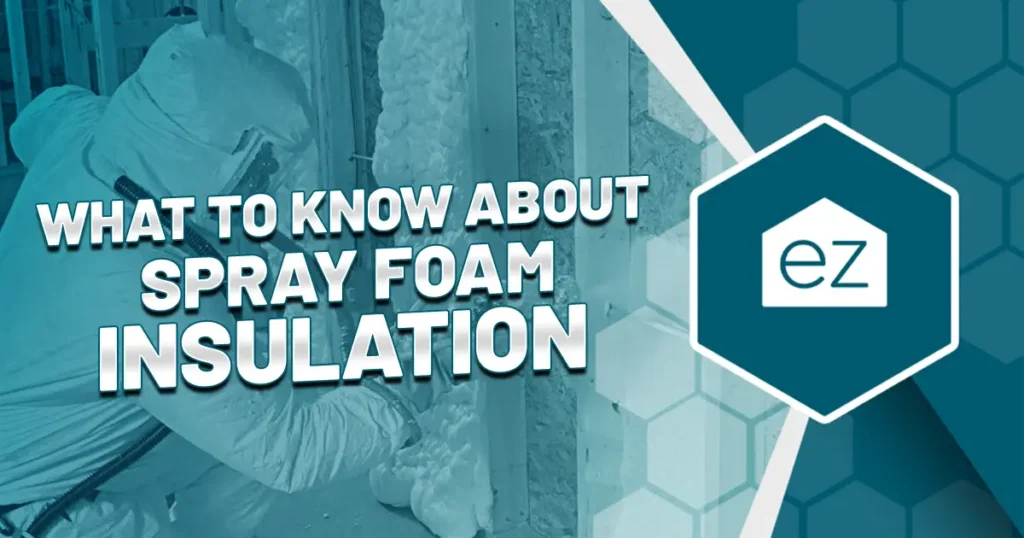5 First Time Home Buyer Tips
 Before you make the major investment of buying a home, learn as much as you possibly can to avoid future headaches. We’ve compiled a list of a few of our top first-time home buyer tips to make the process go smoothly. You should have an easier time as a first-time home buyer purchasing a home if you follow them!
Before you make the major investment of buying a home, learn as much as you possibly can to avoid future headaches. We’ve compiled a list of a few of our top first-time home buyer tips to make the process go smoothly. You should have an easier time as a first-time home buyer purchasing a home if you follow them!
Don’t Waste Time Looking for Perfection
When you’re about to pay tens of thousands of dollars for a home, it can seem ridiculous to compromise on anything; big or small. But compromise when buying a house is inevitable. Unless you have an unlimited budget and the capacity to build it yourself, no one will likely have all the features you want. Whether it’s the size of the kitchen, the lack of crown molding, or the unfinished basement, you won’t be able to get everything you want in your home.
Remember that you can also change existing things if they’re cosmetic. So don’t immediately pass on a home just because you find its red kitchen appalling. If the layout works, the color can always be repainted. The same is true of most home decor choices you may not like: if the bones are good, you can redo the floors or install new sconces.
Understand All the Costs Involved
Some first-time homebuyers plan for the down payment and the mortgage, and that’s it. You’re in for a big surprise if that’s all you’ve done! There are all kinds of costs involved with buying a home. You must budget for the closing costs, mortgage insurance, earnest money, homeowner’s insurance, property taxes, utilities, and more! Some of these, like earnest money or property taxes, may need to be paid upfront!
Talk to your lender or real estate agent if you want a more accurate idea of what you should expect to pay. They can help you estimate some of these costs. Additionally, regulations require mortgage lenders to give you a loan estimate that projects what you can expect to pay for closing costs.
Don’t Commit to the First Mortgage You Look Into
Don’t think that all mortgages are created equal. The market has many types of mortgages. Conventional loans may be the most common type of home loan, but first-time home buyers should also look into FHA loans and USDA loans. You may also qualify for a VA loan.
Why are there so many mortgage types? They all have different interest rates, fees, and requirements catering to the varied needs of homebuyers. Even if you decide a 15-year ARM is best for you, shop around, as different lenders will still have different rates and programs. Even a small percentage difference in rates and terms will add up over time.
Read Your Disclosures
Maybe you’re used to automatically clicking “agree to terms and conditions” when shopping online. But, when you’re doing something as significant as purchasing a home, read everything! Take your time on real estate disclosures. This document is meant to tell the buyer about any problems with a home that could decrease its value or your experience living in it. It’s where you learn if the basement has flooded before or if there was a treated termite infestation.
If there is anything you’re unclear about after reading the disclosures, do ask questions. Look out for vague words like “small” and ask for more details so you know exactly what you’re dealing with. Deciding whether living in a home with those issues is worth it is up to you.
First-Time Home buyer Tips
These tips are based on our experience working with first-time home buyers. But perhaps the best advice is to find a real estate agent with extensive experience helping first-time homebuyers like you. They’ll be your guide through the process, from how to search for the right property to how to get the financing. We will be happy to answer any questions you might have and do our part to make the process easier.
Updated April 2024
Start Your Home Search
Preston Guyton
Share this Post
Related Articles
Buying a Home
What to Know About Termites In Your Home
Buying a Home
What to Know About Spray Foam Insulation
Buying a Home
5 Most Affordable Places to Buy a Home in Tennessee
Buying a Home





